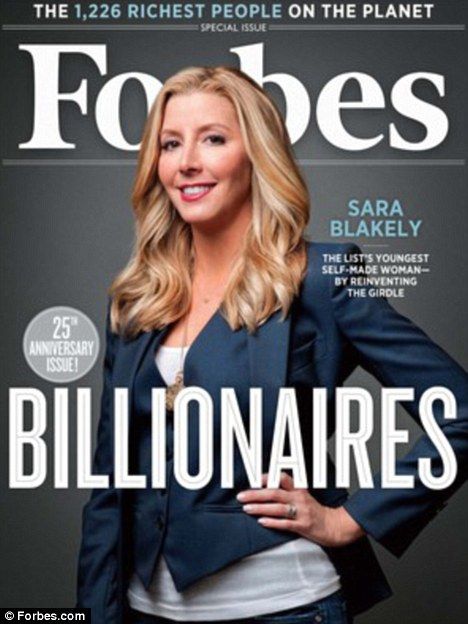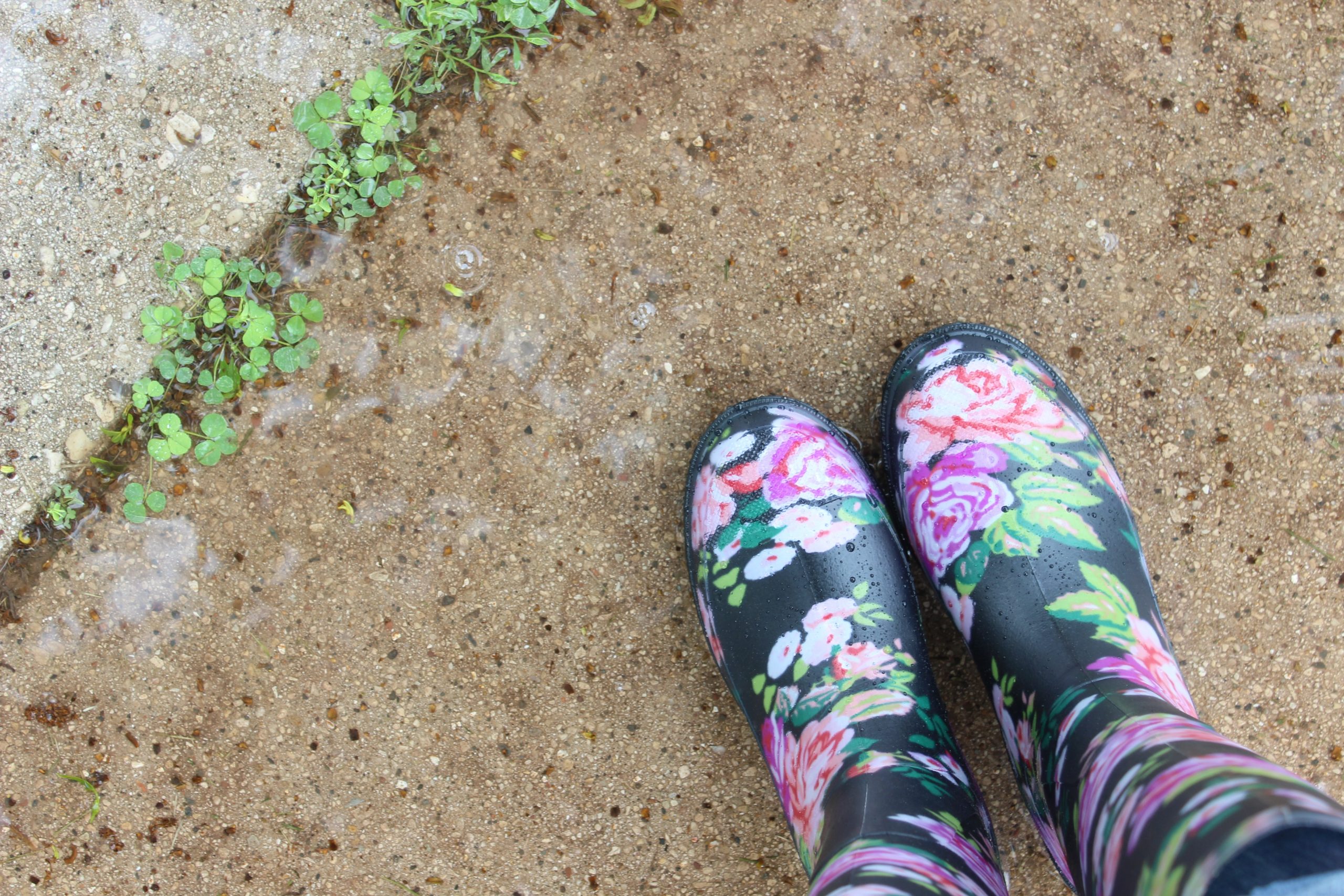As this Leap Year month of exploring quantum leaps ends, I want to share the immortal words of Samuel Becket:
Ever tried.
Ever failed.
No matter.
Try again.
Fail again.
Fail better.
This all sounds truly encouraging and inspiring, but the interesting thing is that Samuel Beckett didn’t really mean this passage in an upbeat way at all.

Anyone who’s read Beckett knows that he’s gloomy at best.
(Sample quote: “The only sin is the sin of being born.”)
The actual passage goes on to some sad and dreary conclusions about life.
Becket would probably cringe if he knew that internet start-ups and motivational types (like me) were now using his words as an inspirational mantra.
And yet, this adds a kind of multi-level irony.
Becket’s writing about failure has unintentionally failed by becoming a success anthem (i.e., a failure of another kind).
And maybe that’s the point: the unforeseen transformation, the hidden gifts, the weed growing up through the sidewalk cracks somehow always breaks through.

Sara Blakely, the billionaire founder of Spanx, faced a lot of rejection for her product early on, yet succeeded enormously.
She credits much of her success to how her father would encourage her to share not just accomplishments around the dinner table, but also failures.
He made clear to her that it’s not just about learning the lessons from your failures, but that if you’re always succeeding, you’re playing a very small, very unchallenging game.
Put another way, unless you’re failing regularly––not constantly, mind you––you’re really not risking anything.
Or as race car driver Mario Andretti said:
“If everything seems under control, you’re not going fast enough.”

Transforming our relationship to failure can be the final, pivotal step toward quantum leaps.
If we could embrace failure as a friend, we’d not only learn from our mistakes, we’d also be more comfortable challenging ourselves.
We might even begin to live our lives embracing Nelson Mandela’s maxim:
“I never lose. I either win or learn.”
Ultimately, if we could truly learn to FAIL BETTER (sorry, Samuel Beckett––my bad), who knows what leaps we’d make…
Namaste for Now…

